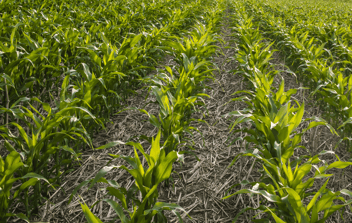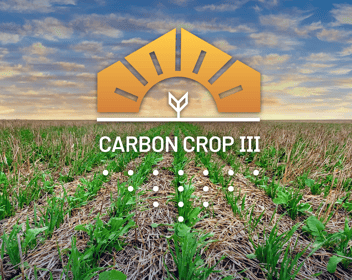Agriculture takes promising step towards boosting crop yields
By Clive Cookson
Medicine has recently recognised the vital role that microbes living within the human body — the microbiome — play in maintaining health. Now, agriculture is beginning to exploit the plant microbiome to increase crop yields.
Indigo, a private US agbio company, released data from its first commercial product, Indigo Cotton, which is designed to stimulate crop growth by adding microbes through a seed treatment.
The yield of treated cotton planted over 50,000 acres in Texas during 2016 was 11 per cent higher than untreated cotton in comparable fields; 75 per cent of treated fields outperformed their untreated counterparts.
“These results represent another promising step in what we hope will be the next significant innovation in agriculture,” said David Perry, Indigo’s chief executive.
The Boston-based company was set up three years ago and has raised $156m in venture capital funding.
Other companies, particularly Novozymes of Denmark, make microbial products that promote crop growth but they concentrate on bacteria and fungi that live in the soil around the plant roots. In contrast, Indigo focuses on “endophytes”, the microbes that live within the plant, said Mr Perry.
The identity of Indigo’s beneficial bacteria is “a closely guarded secret”, he said.
Applied to seeds they enhance root growth, which increases resistance to environmental stress, especially drought. During 2016, cotton-growing regions of Texas experienced “moderate to severe water stress”.
“Indigo has transformed a promising discovery into a product that can perform at scale to deliver substantial yield increases on modern commercial farms,” said Professor Gregory Sword of Texas A&M University, who led the data analysis.
Indigo has research partnerships with 12 organisations and is testing yield-boosting microbes in several different crops. The next commercial product will be Indigo Wheat, which also improves water use efficiency.
Mr Perry believes microbes could be a promising route to raising agricultural production without consuming more water and other resources, at a time when other crop improvement technologies — conventional plant breeding, genetic manipulation, agricultural chemicals and pesticides — are slowing down.
The market leader in agricultural microbiology is the BioAg Alliance between Novozymes and Monsanto of the US. Its products are currently used on 80m acres of farmland, mainly in North and South America, and it is aiming for more than 250m acres by 2025.
Commenting on Indigo, Shawn Semones, Novozymes’ director of BioAg research and development, said: “It is fantastic to see other companies having success in this sector. It promotes the technology of microbials for production agriculture.”


